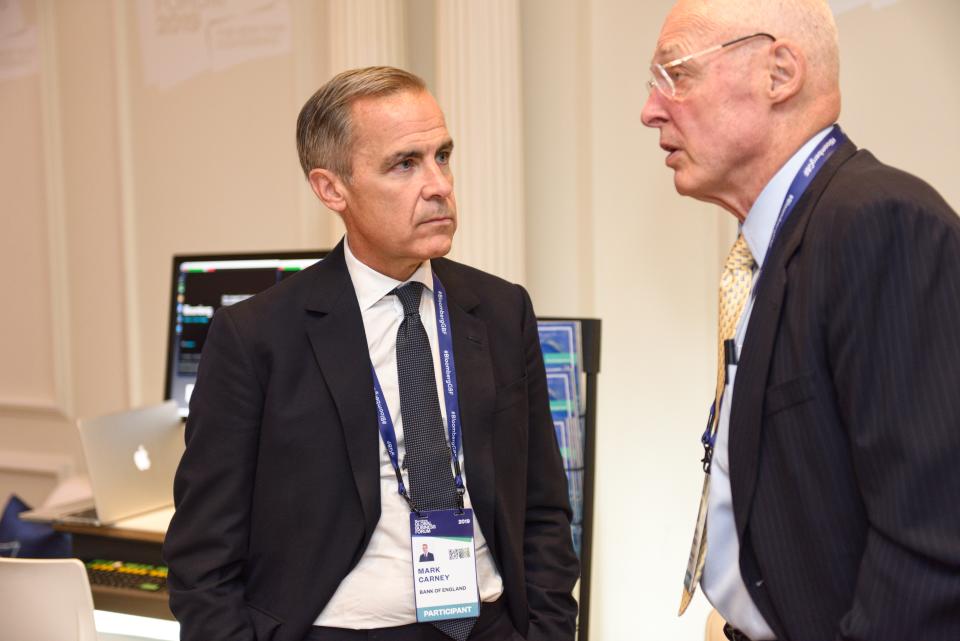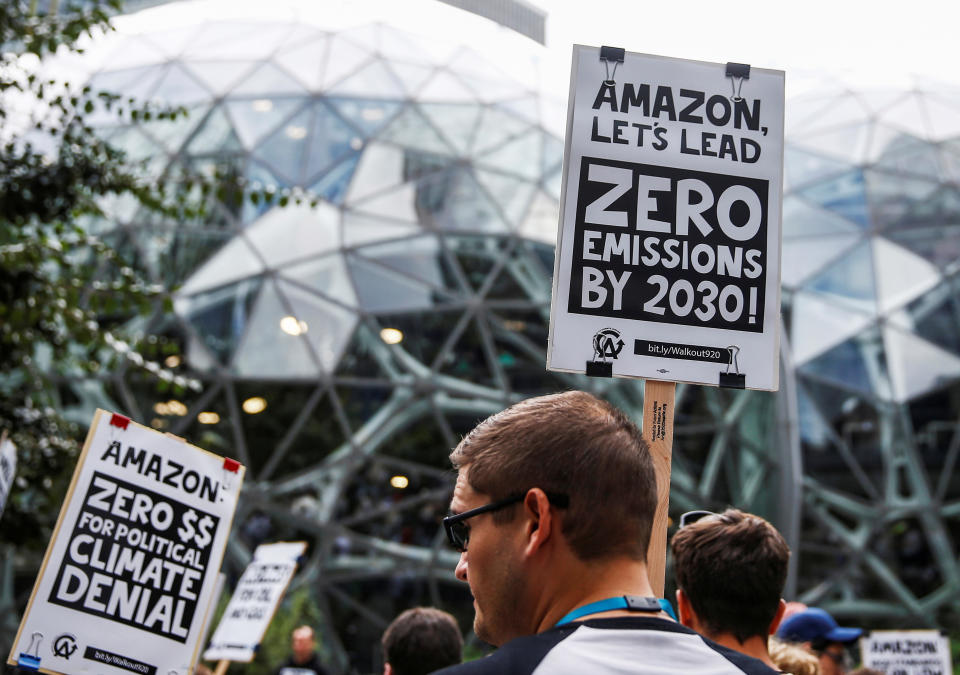Bank of England Governor: Climate change will affect ‘single financial asset’
Bank of England Governor Mark Carney believes that the financial sector should start bracing for the impact of climate change and related policies.
Climate change and the physical effects of it “will affect the value — in some cases positively, in some case negatively — of every single financial asset,” Carney told the audience at the Bloomberg Global Business Forum in New York City on Wednesday. “You have to wrap our minds around it.”
As the United Nations General Assembly this week unfolds, various individuals — from climate activist Greta Thunberg to United Nations (UN) Secretary-General Antonio Guterres — have called on countries to act on climate change, and make commitments to climate-friendly policies.

One particular objective, as stated by Guterres, was to keep global warming to 1.5 degree Celsius. That’s in line with the 2015 Paris Agreement, where 195 countries had agreed to collectively cut carbon emissions and maintain warming “well below” 2 degrees. Also, more than 60 countries pledged to reduce their net carbon emissions to zero by 2050.
Carney said achieving those goals would require climate policy to “tighten quite substantially.”
“And the question is: Is the financial sector ready for it?” added Carney. “Does it have strategic resilience, or the business models and lending portfolios or the asset portfolios, consistent with a world where emissions are going to go down quite substantially.”
Companies taking steps to address climate change
Several insurers and pension funds managing trillions of dollars have already pledged to meet those standards, and will rebalance their portfolio to ensure carbon neutrality by 2050.
On the company level, almost 90 big names have also committed to slashing emissions.

Nestle and L’Oreal have pledged that they would reduce their carbon emissions to net zero. Others like Nokia and Danone have said they will aim to limit warming to the Paris Agreement’s 1.5 degrees.
American companies have also taken similar steps. Earlier this month, Amazon (AMZN) announced that it would undertake a series of initiatives to reduce emissions and adopt renewable energy, and called for other companies to do the same. Google (GOOG) also announced its efforts to use renewable energy.
More than 2,000 other companies have also affirmed their commitment, joining a coalition called “We are still in.”
—
Aarthi is a reporter for Yahoo Finance. Follow her on Twitter @aarthiswami.
Read more:
Bill Clinton on Trump impeachment inquiry: ‘It should be looked into’
'This is just the beginning': India PM Modi makes a passionate pitch to investors
Ex-WH economist: China’s New Silk Road is a 'threat to the existing system'
Read the latest financial and business news from Yahoo Finance
Follow Yahoo Finance on Twitter, Facebook, Instagram, Flipboard, SmartNews, LinkedIn, YouTube, and reddit.


